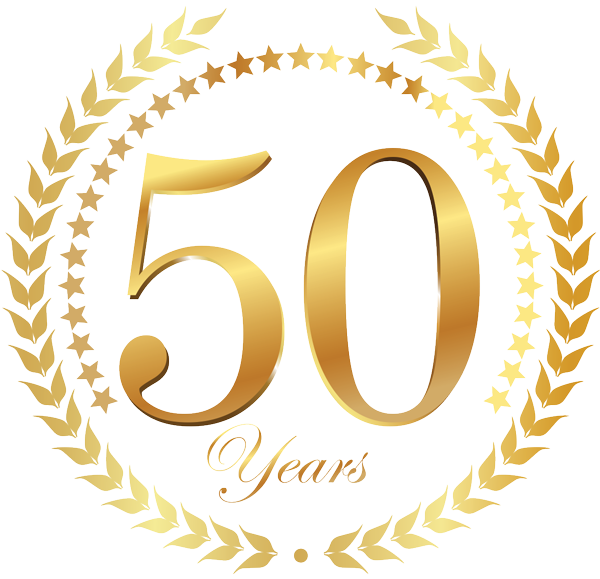 It is extremely important for an expert witness working for a defense attorney on a civil or criminal case to have access to discovery. Today there are methods of sharing files through ShareFile, YouSendIt, RapidShare, and other file sharing software like Dropbox, Box, Google Drive, etc. These cloud storage services are beneficial for exchanging and controlling access to files that can alter the success of your case.
It is extremely important for an expert witness working for a defense attorney on a civil or criminal case to have access to discovery. Today there are methods of sharing files through ShareFile, YouSendIt, RapidShare, and other file sharing software like Dropbox, Box, Google Drive, etc. These cloud storage services are beneficial for exchanging and controlling access to files that can alter the success of your case.
According to the American Bar Association, discovery is the pretrial process by which each party ascertains evidence the other party will rely upon at trial. The discovery rules are designed to prevent “Trial by ambush,” where one side does not learn of the other side’s evidence or witnesses until the trial when there’s no time to obtain answering evidence.
In civil cases a method used for discovery is a deposition, which is an extrajudicial meeting with testimony given under oath by parties in the case. A video, transcript, or both may be prepared of those deposed and both parties may be present at the deposition. The testimony may be used later in the event of trial to refresh or impeach testimony of the witness, or if agreed, segments may be read or played in the absence of a witness.
In criminal cases at the federal level, the government has agencies with trained investigators that conduct initial investigations either with or without the assistance of the US Attorney’s Office and a grand jury. Investigators interview witnesses in an extrajudicial setting and obtain testimony and documentary evidence. If a third party hinders the investigation by refusing to testify or produce records, he/she can be subpoenaed to appear at the grand jury to testify and/or bring records. Once the evidence is gathered by the investigator and presented to the US Attorney’s Office, a decision is made on whether the information warrants a presentation to a grand jury seeking an indictment.
In the extraordinary situation where government agents obtain probable cause for a search warrant and the US Magistrate agrees and signs off on the warrant, the agents will gather evidence through the execution of the search warrant. If the execution of the warrant is on the defendant’s residence or office, the agents will seize contraband, physical evidence of the crime, paper, and evidence from computers and other electronic sources. As a matter of procedure the agents should leave an inventory of the items seized at the sites. The defense of the client begins at this point and more in depth when charges are filed. At the proper time, the defense attorney will file a motion for discovery and be granted discovery of the evidence. The government is required upon the request of the defense to disclose under Rule 16(a)(1)(E) the following:
Documents and Objects. Upon a defendant’s request, the government must permit the defendant to inspect and to copy or photograph books, papers, documents, data, photographs, tangible objects, buildings or places, or copies or portions of any of these items, if the item is within the government’s possession, custody, or control and:
(i) The item is material to preparing the defense;
(ii) The government intends to use the item in its case-in-chief at trial; or
(iii) The item was obtained from or belongs to the defendant.
Under Rule 16, at the request of the defendant, the government must provide a written summary of any testimony that the government’s expert witness intends to use under Rules 702, 703, or 705 of the Federal Rules of Evidence during its case-in-chief. The summary must provide the witness’s opinions, the basis, and reasons for the opinions, and the witness’s qualifications.
This discovery is reciprocal in nature as to items in the defendant’s possession, custody, or control and the defendant intends to use the item in the defendant’s case-in-chief. At the request of the government, the defendant must provide a written summary of any testimony that the defense’s Expert Witness intends to use under Rules 702, 703 or 705 of the Federal Rules of Evidence during the defense phase of the case. The summary must provide the witness’s opinions, the basis, and reasons for the opinions, and the witness’s qualifications.
Except as permitted by Rule 16(a)(1)(A)-(D), (F), and (G), this rule does not authorize the discovery or inspection of reports, memoranda, or other internal government documents made by an attorney for the government or other government agent in connection with investigating or prosecuting the case. Nor does this rule authorize the discovery or inspection of statements made by prospective government witnesses except as provided in 18 U.S.C. §3500, regarding demands for production of statements and reports of witnesses. This information and materials are referred to as Jencks material and generally is not available until after the witness has testified in direct examination.
Discovery can contain exculpatory evidence which is evidence favorable to the defendant and that exonerates or tends to exonerate the defendant of guilt. Exculpatory information should be disclosed by the government’s attorney as a matter of policy. In Brady v. Maryland (1963) the US Supreme Court ruled the prosecution must turn over all exculpatory evidence or impeaching information to the defendant in a criminal trial if the evidence might exonerate or tend to exonerate the defendant.
Not all exculpatory evidence is required to be disclosed by Brady and its progeny; only evidence that is “material to guilt or punishment, with “material” evidence being defined as such as to create a reasonable probability that disclosure of the evidence would have changed the outcome of the proceeding.
The Brady decision could be important in cases where the government has seized computers and denies access to the computers. It is important for the government to control access to computerized records to avoid spoliation of the contents of the computerized records but not to prevent the defense to access potential exculpatory evidence benefiting the accused.
If you or your client needs a knowledgeable retired IRS Special Agent, forensic accountant, and expert witness for help on a criminal matter call Edmond J. Martin, Chief Investigator, at Sage Investigations, LLC call 512-659-3179 or email edmartin@sageinvestigations.com.


 Call
Call